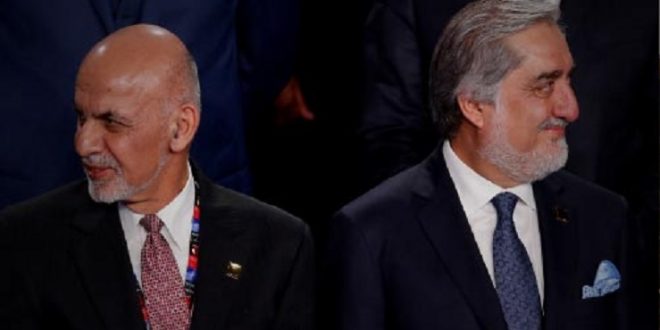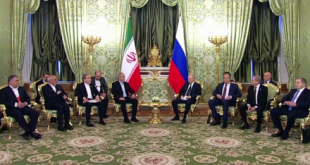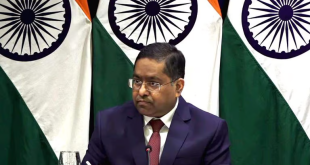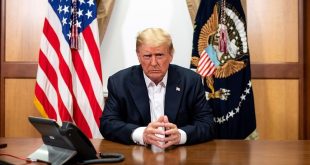AT News
KABUL: Political calamity has gripped Afghanistan in the shadow of a fatal pandemic – a double whammy eating away at paltry sources of daily livelihoods of millions and eroding their belief in the government.
In Afghanistan, prolonged political tensions and power tussle raging between President Ashraf Ghani and his rival Dr. Abdullah – exacerbated by a rapid coronavirus outbreak and an intensely aggravated violence – has overshadowed the lives of common people.
Having stemmed from the flawed elections last year, the political conflict has spawned abject poverty and induced privation. Though both the squabbling leaders are said to be edging closer to a power-sharing deal, people put a negative spin to it.
An unmistakable air of letdown settled over Afghanistan after many months of rifts and disagreements within the leadership as the government was extremely shaky and in a precarious political and economic position. Escalation of violence and sustained spread of the coronavirus has only exacerbated the problems.
COVID-19 disease has led to more poverty, joblessness and phenomenal price hikes. Save the Children has said 7 million children in Afghanistan are at risk of starvation. The volume of trade, agriculture, entrepreneurship and mining have plunged by 25% in the wake electoral-political feud, according to Afghanistan Chamber of Commerce and Investment.
In the political sphere, many contend that fallouts of the political wrangling – poverty and war – will be insurmountable. An obstinate leadership feud is believed to have assisted the galloping of corruption and dereliction of governance and management, leaving indelible imprints on public opinion and emboldening the radical Talibanism ideology. Poverty has dangerous consequences. All these calamities are eerily interwoven with the history.
A dangerous aspect of the continuing cycle of poverty and public distrust and the growth of the Taliban tumor is unwittingly giving an upper hand to the belligerent Taliban in the prospective diplomatic negotiations expected until after 5,000 of their unscrupulous prisoners are released from Kabul’s captivity. The government is doing so to the mirage of getting reconciled with the unruly Taliban, only to realize that the tempo of violence has not been redressed, but ratcheted up to the bewilderment and chagrin of millions of weary people. So, the question is that are we expecting a win-win solution to our leadership debacle?
 Afghanistan Times
Afghanistan Times




